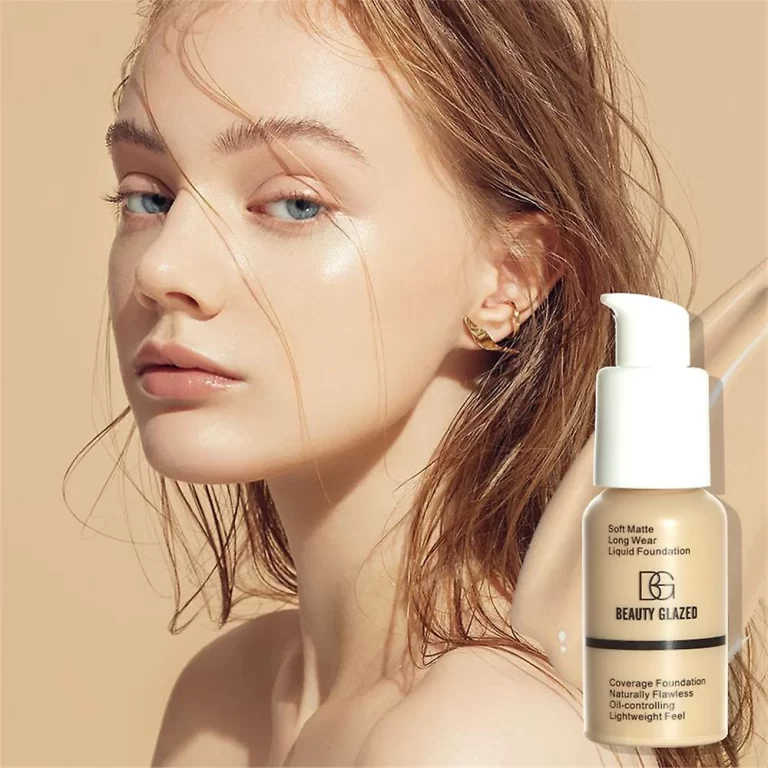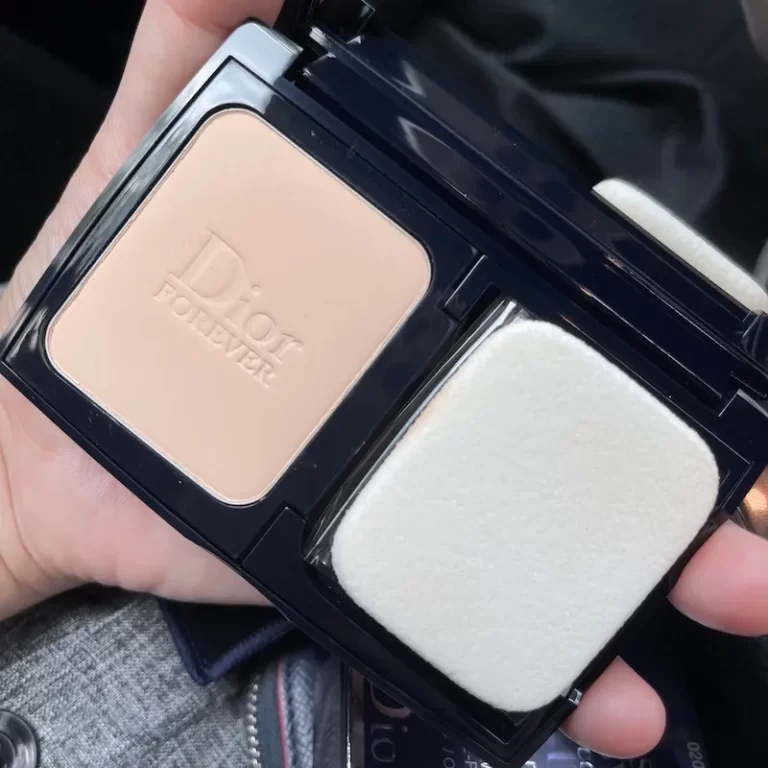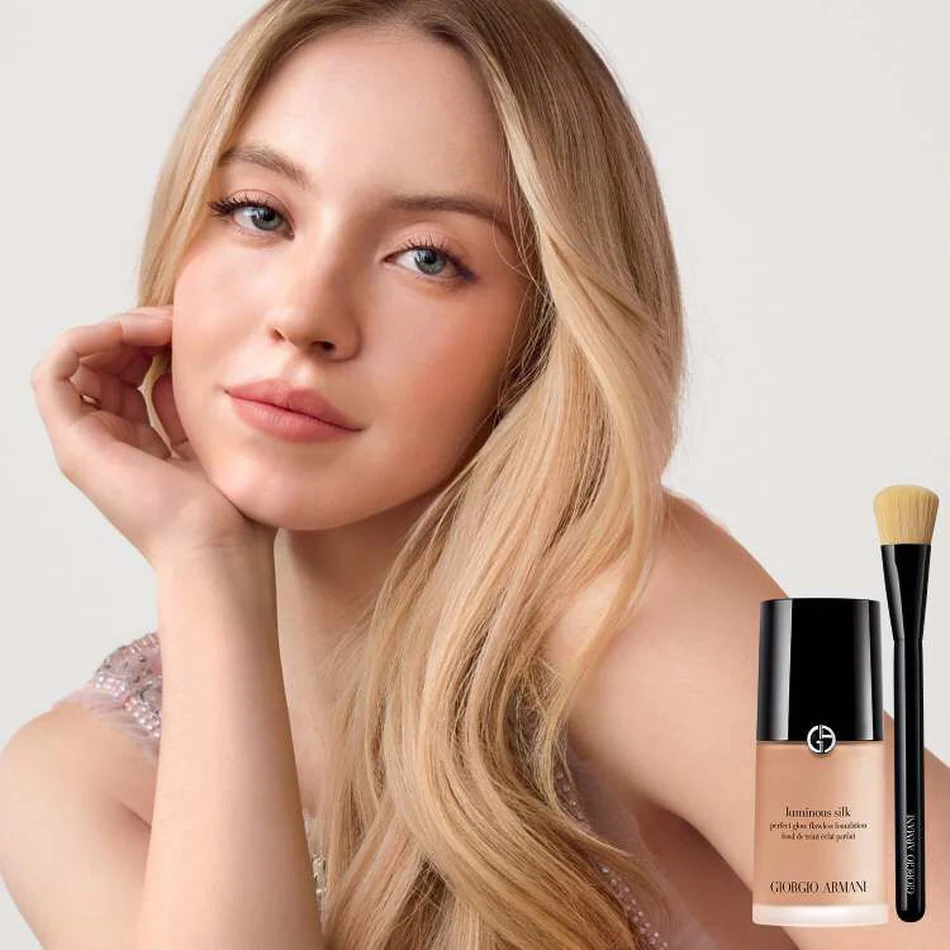
The Best Foundation for Older Skin
The Best Foundation for Older Skin
Choosing the perfect foundation for older skin can feel overwhelming. Many products in the market often do not cater specifically to the needs of mature skin. The right foundation should enhance the beauty of aging skin and offer a natural finish. This article explores the best foundations tailored for older skin, focusing on key ingredients, textures, and finishes.
Understanding Mature Skin
Mature skin undergoes several changes over the years. These changes often include decreased elasticity, dry patches, and visible fine lines. Aging skin may also experience a change in pigmentation, leading to age spots. Understanding these characteristics is essential for selecting the right foundation.
A great foundation should address these concerns effectively. It should provide hydration, nourishment, and coverage without being heavy. The goal is to create a radiant look that feels comfortable and lightweight. Some products are specifically designed to hydrate and smooth the skin over time.
Choosing lightweight formulas is crucial for older skin. Heavy products can settle into fine lines and create an aging effect. Formulas with a satin or dewy finish tend to work best for mature skin. These finishes give a youthful glow rather than emphasizing imperfections.
Transitioning from traditional foundations to options that cater to mature skin can yield significant benefits. Embracing products that combine skincare with makeup can result in a smoother and more youthful appearance. That said, a thorough understanding of the best foundations available helps in making the right choice.
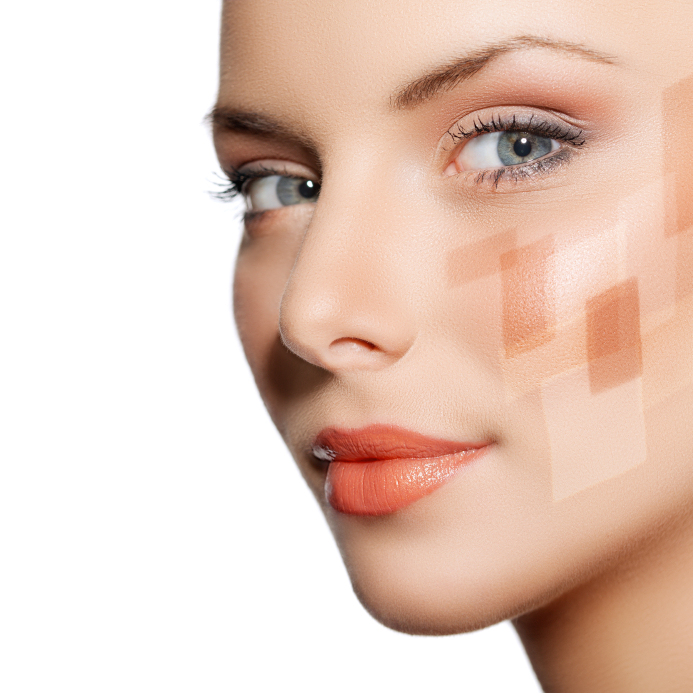
Key Ingredients to Look For
When selecting foundation for older skin, it’s vital to consider the ingredients. Key ingredients, such as hyaluronic acid and peptides, are essential for hydration. They help to plump the skin and minimize the appearance of fine lines. Choosing a product enriched with antioxidants can also combat free radicals, promoting overall skin health.
Additionally, opt for foundations that contain SPF. Aging skin is more susceptible to sun damage. Protecting the skin from harmful UV rays is crucial in maintaining its youthfulness. Many modern foundations offer some level of sun protection. Thus, they can shield the skin while providing coverage.
Formulas containing natural oils are also beneficial for mature skin. Oils help to lock in moisture and keep the skin hydrated throughout the day. It’s essential to find a foundation that balances moisture without making the skin greasy. Lightweight oil-infused foundations can accomplish this greatly.
Testing different formulations and textures can indeed make a significant difference. Liquid foundations, for example, often provide a buildable coverage that is suitable for various skin types. Cream foundations, in contrast, tend to be thicker and may offer more full coverage. Choosing the right type depends on personal preference and the specific needs of the skin.
Popular Foundations for Older Skin
Several popular foundations stand out for older skin. Brands like IT Cosmetics and BareMinerals offer excellent options. IT Cosmetics’ Your Skin But Better CC+ Cream provides hydration and full coverage. This product is also packed with skincare benefits, making it appropriate for mature skin.
Another impressive choice is the BareMinerals Original Liquid Mineral Foundation. This product boasts a silky texture that blends seamlessly into the skin. It also offers a natural, radiant finish that doesn’t sit in fine lines. Its mineral-infused formula is gentle and suitable for sensitive skin.
Estée Lauder’s Double Wear Stay-in-Place Makeup is a classic foundation known for its longevity. Many people love it for its smooth application and natural finish. However, its matte finish may not be suitable for dried-out skin types. Thus, additional hydration and skin prep may be necessary before application.
Furthermore, Lancome’s Teint Idole Ultra Wear Foundation provides long-lasting coverage. This foundation works well for those seeking a flawless complexion without the cakiness. Its formula is lightweight and comfortable, suitable for everyday wear. Reviews often commend its ability to resist settling into fine lines.
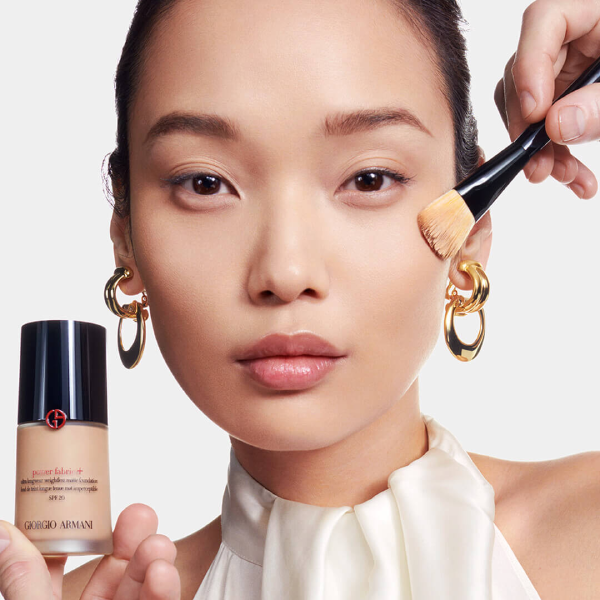
Application Tips for Mature Skin
Applying foundation on older skin requires a few special considerations. First, proper skin prep is vital. Using a good moisturizer helps to create a smooth canvas for foundation. A hydrating primer can also provide an added layer of moisture.
When applying foundation, use a damp makeup sponge for a natural finish. This method ensures even application while keeping the coverage light. Dabbing the foundation gently reduces the risk of settling into lines and wrinkles.
It’s important to layer foundation gradually. Start with a thin layer and build up where needed. This technique prevents applying too much product at once, which can become cakey. For areas that require more coverage, consider spot concealing instead of applying more foundation.
Additionally, set your foundation with a lightweight translucent powder. Avoid heavy powders, which can emphasize dryness. Instead, a fine-milled setting powder helps to control shine without adding weight. Patting it onto the skin with a soft brush gives a more natural look.
Lastly, keep an eye on touch-ups throughout the day. Older skin can change, and touch-ups may be necessary. Using a setting spray can help maintain the freshness of your makeup without adding heaviness.
Avoiding Common Pitfalls
Navigating the world of foundation can be tricky, especially for older skin. One common mistake is choosing the wrong shade. Selecting a foundation that is too light or too dark can be unflattering. Testing shades in natural light can help find the perfect match.
Another pitfall to avoid is using overly matte foundations. While they may seem like a great choice, matte finishes can highlight dryness. They might also emphasize fine lines, making the skin appear older than it is. A radiant or satin finish often works better for mature skin.
Also, consider the impact of the formula’s thickness. Thicker foundations can cake and settle into fine lines. Always look for lightweight formulations, as they provide the coverage needed without the heaviness.
Pay attention to the ingredients list as well. Some foundations contain alcohol, which can be drying. Checking for hydrating ingredients can prevent further skin issues. Opting for products labeled as moisturizing or hydrating can be beneficial.
Finally, it’s important to remember that skincare is just as crucial as makeup. A good skincare routine enhances the skin’s appearance before applying foundation. Skincare acts as a base, reducing the need for heavy makeup while promoting a natural glow.
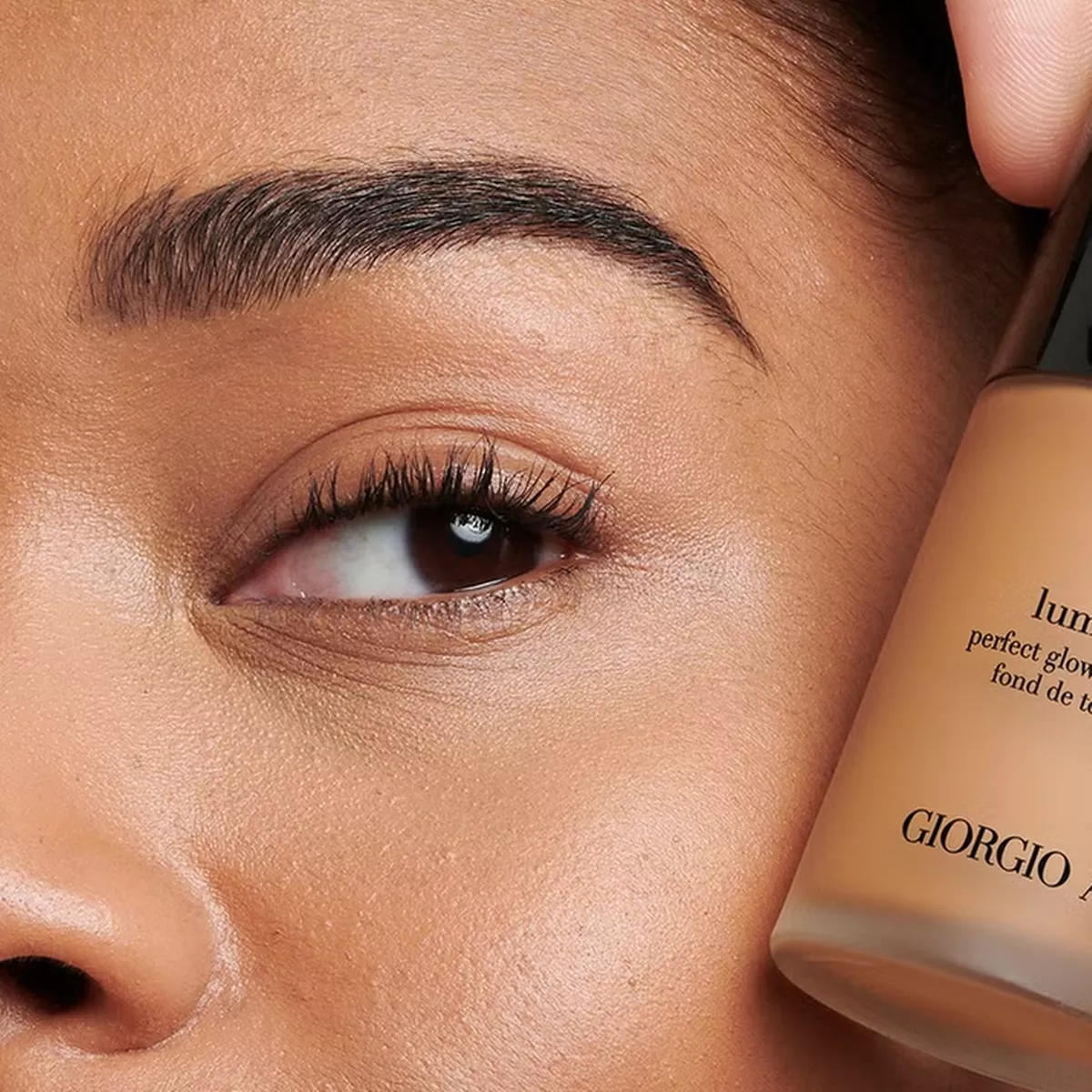
The Importance of Shade Matching
Correct shade matching cannot be overstated when choosing the right foundation. Aging skin can undergo changes, resulting in a more complex complexion. Skin tone, undertone, and even discoloration should be factored into your decision.
When testing foundations, always swatch a few shades on your jawline. This step ensures that the shade blends seamlessly with both the face and neck. It’s better to test in natural light to avoid the artificial hues of indoor lighting.
Undertones also play a critical role in selecting a foundation. Undertones can be warm, cool, or neutral. Warm undertones suit yellow or peach foundations, whereas cool undertones work best with pink or blue bases. Neutral undertones can often wear both types.
Understanding the right formulas for different times of year is essential as well. Skin may behave differently in winter than in summer. Choosing a more hydrating foundation in winter can counteract dryness. In summer, lightweight options may keep oiliness at bay.
Lastly, always keep an eye on how the foundation interacts with your skin over time. Melting or oxidizing can affect how a foundation looks throughout the day. Observing its behavior in various conditions informs future purchases.

Final Considerations
In conclusion, finding the best foundation for older skin involves understanding its unique needs. Prioritizing hydration, skin compatibility, and the right finish is vital. Selecting a lightweight formula that offers buildable coverage will enhance mature skin beautifully.
Investing time in proper skin prep before applying foundation enhances the overall look. Using the right tools and techniques can significantly impact the application process. Additionally, adopting an appropriate skincare routine can support a flawless complexion.
The market offers an array of products tailored for mature skin. Familiarizing with ingredients that promote hydration and nourishment allows for informed choices. Patience and experimentation often yield the best results in makeup application.
Moreover, avoiding common pitfalls ensures a more successful foundation experience. Correct shade matching and the right finish can make all the difference.
Lastly, as skin changes over time, so should the approach to makeup. Staying updated on trends and new releases is essential. This awareness can lead to discovering new products that may work even better for individual skin needs.
In summary, the journey to find the best foundation for older skin is rewarding and enlightening. The right foundation can enhance natural beauty and provide a radiant, youthful appearance. Focusing on hydration, skin health, and formulation will lead to the best outcomes.
Ensuring that the foundation works harmoniously with one’s natural beauty can foster confidence and self-esteem. The goal should always be to feel comfortable and radiant in one’s skin, no matter the age.
